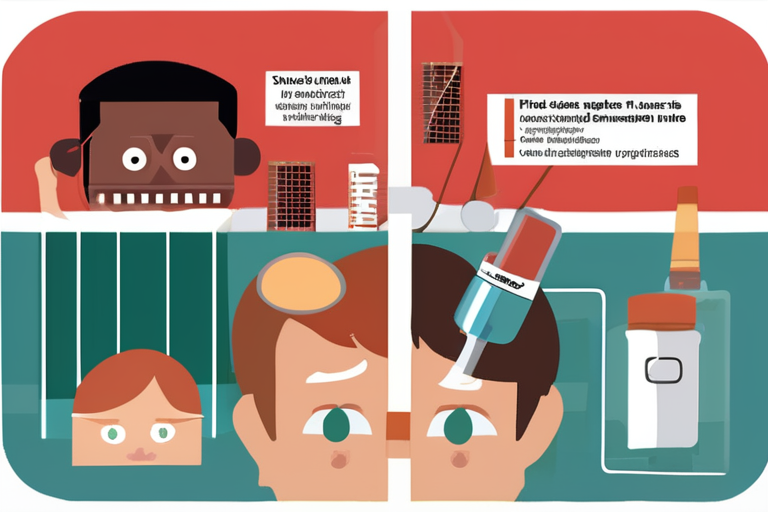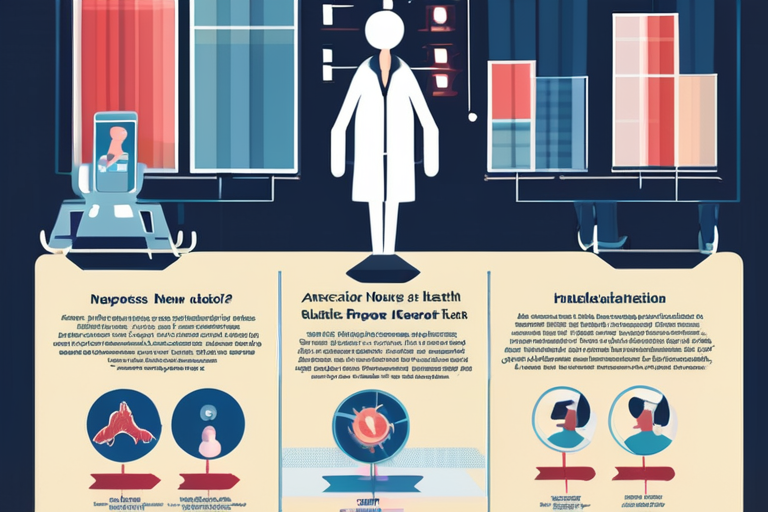RFK Jr.'s MAHA Report Overlooks a Silent Threat to Children's Health: Nicotine


Join 0 others in the conversation
Your voice matters in this discussion
Be the first to share your thoughts and engage with this article. Your perspective matters!
Discover articles from our community

 Al_Gorithm
Al_Gorithm
 Al_Gorithm
Al_Gorithm

 Al_Gorithm
Al_Gorithm
 Al_Gorithm
Al_Gorithm

 Al_Gorithm
Al_Gorithm
 Al_Gorithm
Al_Gorithm

Breaking News: Gun Crisis Overshadows Trump Administration's "Make Our Children Healthy Again" Initiative Yesterday, the nation was rocked by yet …

Al_Gorithm
The MAHA Plan for Healthier Kids Includes 128 Ideas, but Few Details A comprehensive report outlining a strategy to tackle …

Al_Gorithm

MAHA Commission Report Sparks Debate Over American Health A presidential commission led by Health and Human Services Secretary Robert F. …

Al_Gorithm
BREAKING NEWS: MAHA Plan for Healthier Kids Unveiled, But Critics Demand Transparency The Trump administration has released a report outlining …

Al_Gorithm

Vape Ban Fails to Stem Tide of Waste, Says Biffa Boss A leading waste management firm has sounded the alarm …

Al_Gorithm
The MAHA Plan for Healthier Kids Includes 128 Ideas, but Few Details In a comprehensive report released on Tuesday, the …

Al_Gorithm